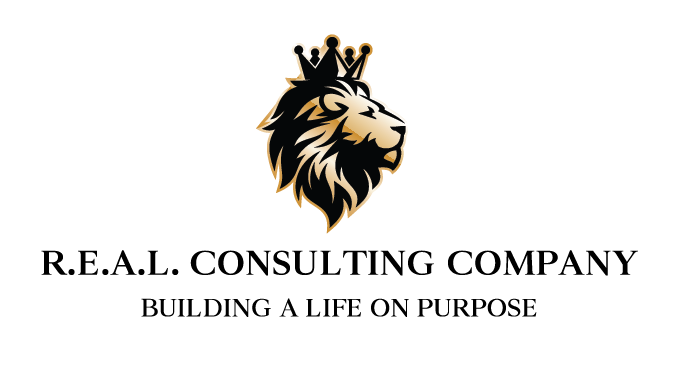Starting a business can be beneficial if you’re looking to pave your way towards financial freedom. However, being a business owner can be difficult, especially if you aren’t aware of the financial aspect of running your own company and the traps that you could fall prey to where your finances are concerned.
If you lose control over the money-in-money-out aspect of your business, the difficulty of running a company becomes that much harder. Knowing how to avoid certain financial traps is crucial to the overall survival of your company.
Expense vs. Investment
When you own a company, you need to consider certain expenses. From the start-up costs it takes to get your company off the ground to the regular everyday expenditures you have to make to keep the wheels rolling, there is no shortage of spending to keep your business afloat. You will also have to make certain investments that will bring in more money in the long run.
For example, creating a website that can help draw in new clients is a must. While it may seem like an expense because it costs you money upfront, it acts as an investment because it helps you make money in the future.
A productive way to avoid financial failure in your business is to know the difference between the two. You can do this by asking yourself the question, “Will this drive revenue in the long run?” If the answer is yes, consider it an investment.
Smart Spending
Many businesses operate on borrowed capital. It is not easy to come up with thousands or tens of thousands of dollars to turn your business idea into an actual fruitful company. Smart spending is not about loans or money you need to start your company—it focuses on what you’re putting money towards and if you have the revenue to spend it in the first place.
New business owners may see chasing a new shiny object as a way to enhance their business. However, if it’s not going to lend a hand in revenue, it’s likely not needed. Another issue that many business owners face is spending more money than they’re making. This more-money-out-than-in operation can spiral out of control quickly, leaving you without the capital you need to maintain your company.
Financial Health and Your Business
Not everyone is financially savvy, and that is okay. You do not necessarily have to be an accountant to run your books properly. To run a successful and profitable business, you will need to get yourself acquainted with the key metric of your business: the measurement of financial health. If you are not aware of how cash flow works and how to keep track of finances, your financial health will suffer.These financial traps can make or break your business. If you aren’t quite sure how to get yourself out of them, book a strategy session today so we can help you take control of the financial aspect of your company.


